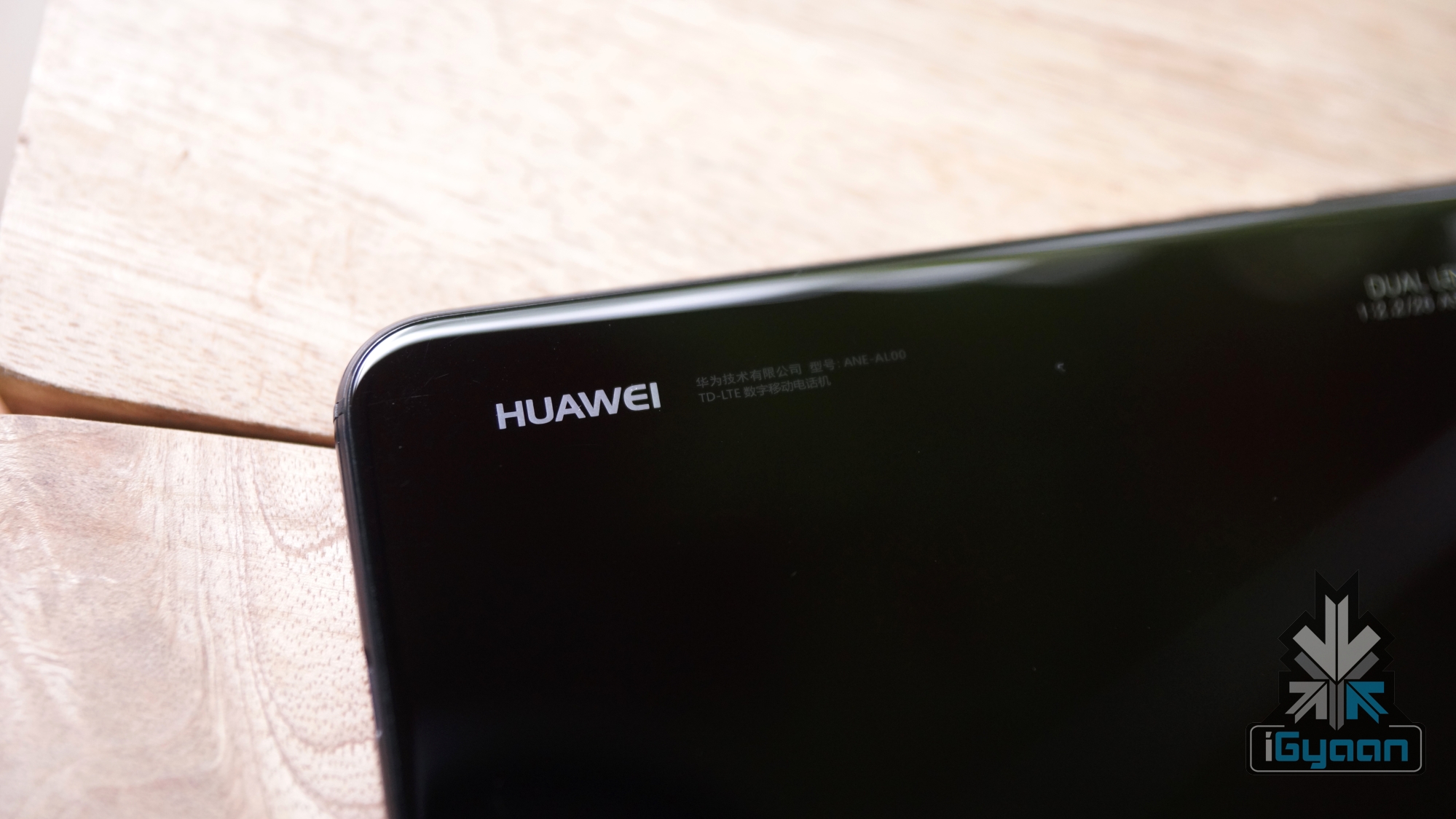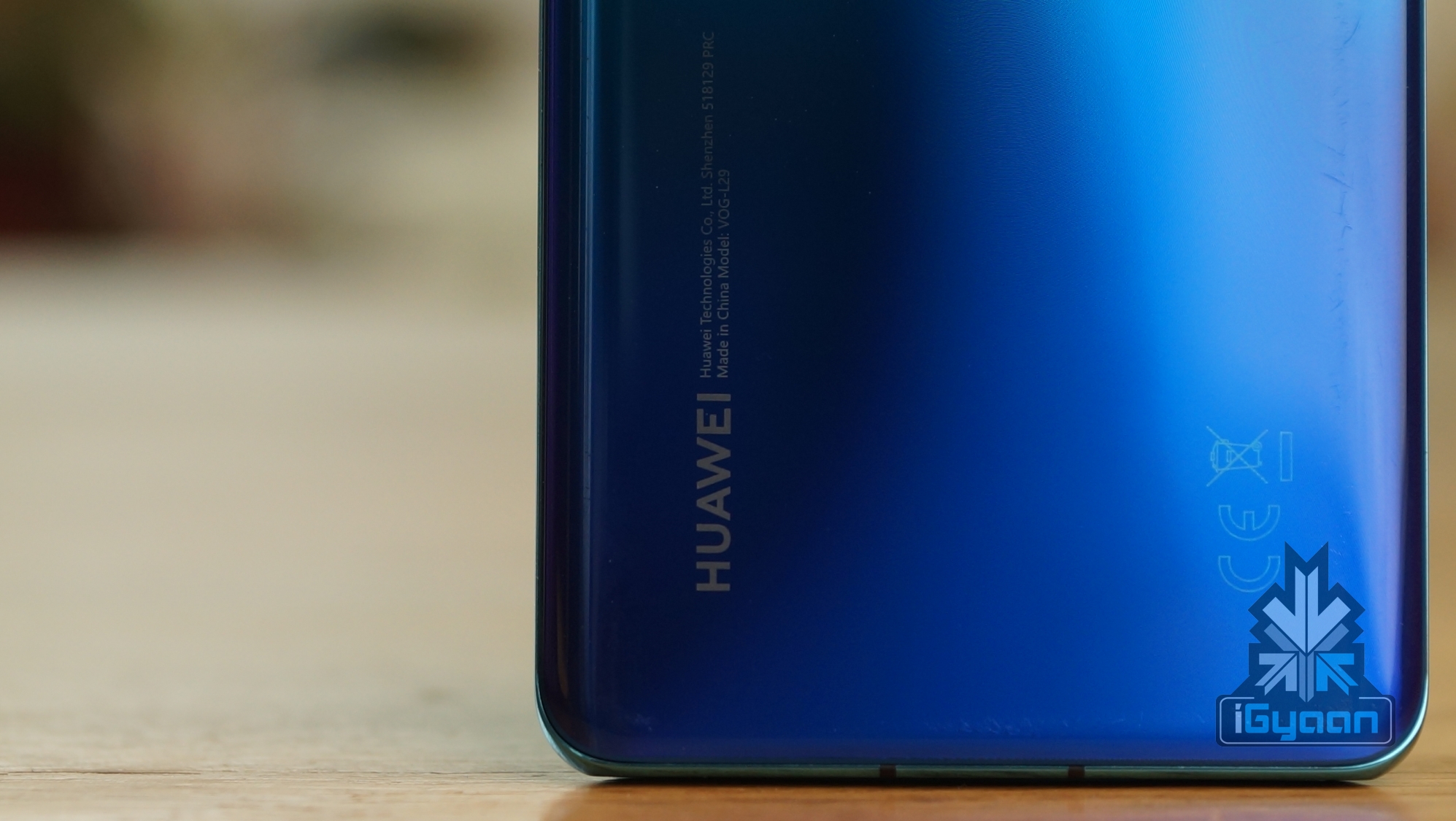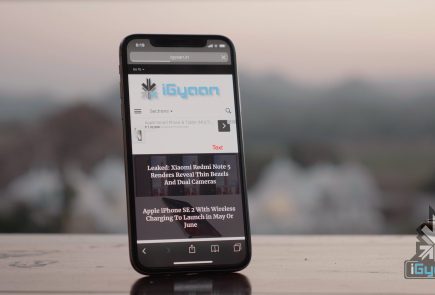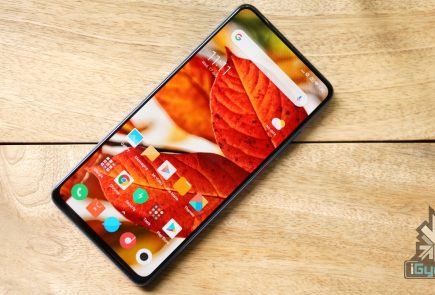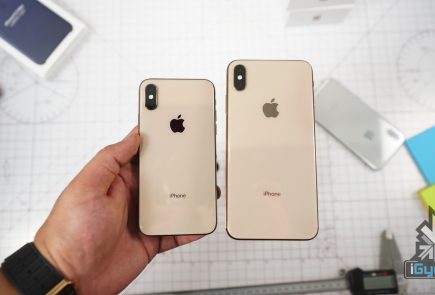ARM Terminates All Ties With Huawei After US Ban
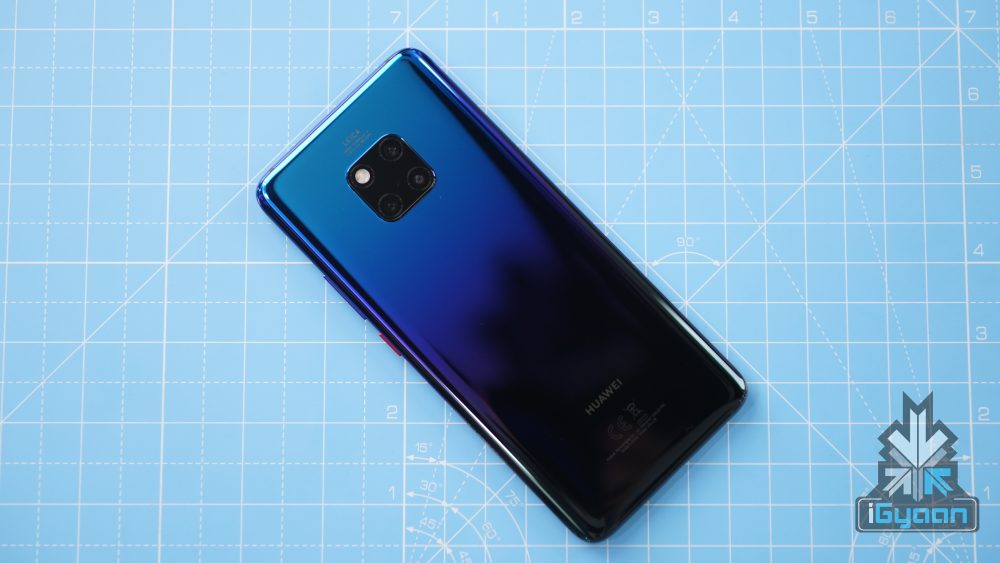
Huawei has been dealt another critical blow in the form of support withdrawal from ARM. The UK based company licenses the architectural design for the most smartphone chipset. After already have been knocked down by the loss of Android OS after the controversial US ban. The aforementioned ban was enforced by the US Commerce Department on all American firms to cease any forms of business ties or trades with the Chinese firm Huawei. This move had already crippled the company with the loss of the operating systems (Windows, Android) for the computing products they offer.
The rippling effect of the oncoming ban essentially weakens the Chinese based company’s structure and functions. Huawei’s ambitious climb to the top came to a staggering halt as the UK based chipset manufacturer ARM, has ordered to cease all ongoing support or projects with the Chinese firm.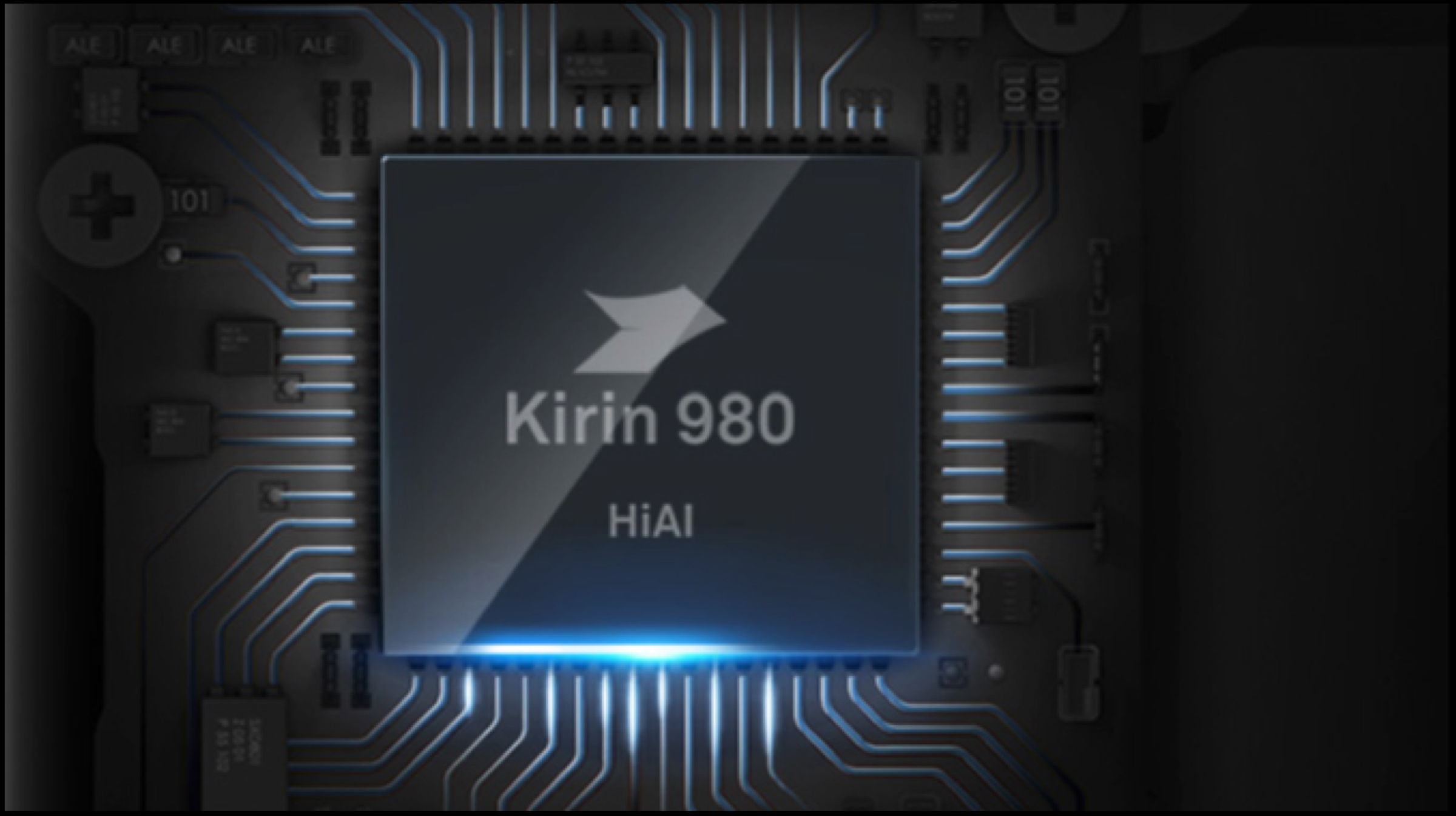
Since the US President’s decision on moving Huawei to the ‘Entity’ list, the business became restrictive and limited between the US based firms and its eastern counterpart. The ARM’s chip design is not easily replaceable or solvable. The UK based chipset manufacturer, although owned by the Japanese Firm SoftBank, has many of its technologies originated in the United States.
ARM’s chipset architecture is used by every major phone manufacturing company, name and not limited to, Qualcomm and Huawei. ARM’s belief is being held accountable under the US Regulations breach by operating with Huawei. Consequently, this also impacts ARM’s China joint-venture that aims to increase the impact of ARM technologies support on the country. ARM was reported to have a 49% stake in the joint-venture.
Also Read: Samsung Launches 10000 mAh Power Bank With Wireless Charging Support
Huawei had tasted success in the western market as well its domestic market. The company became the second largest smartphone manufacturer in the world in the month of May 2019. The Kirin 985 chipset is reportedly unaffected, but Huawei has remained silent so far on their stance. No future products can utilize the ARM chipset architecture, which was being used as a foundation of their own proprietary Operating system previously rumoured to debut this fall.
















